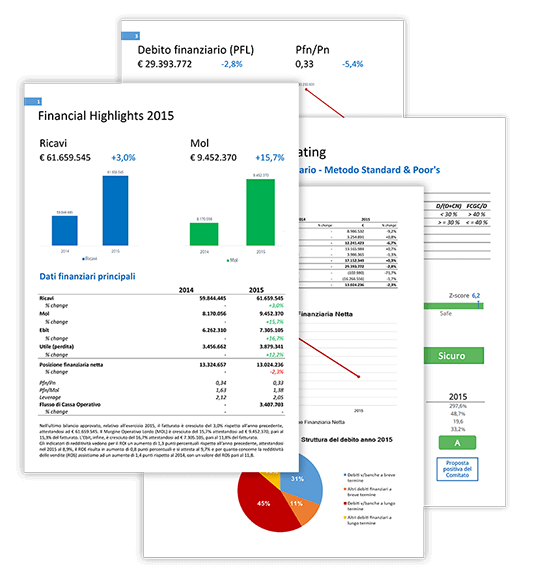Do Low-Income Apartments Do Credit Checks?
Find out if low-income apartments check your credit and learn how it affects your housing options. Such as fake proof of income. We’ve got answers to your questions!
Introduction to Fake Proof of Income
When you’re hunting for an affordable place to live, a burning question might be, “Do low-income apartments do credit checks?” Let’s break it down for you. Credit checks are like landlords’ background checks for tenants, helping them decide if you’re reliable with rent. But don’t worry; it’s not all black and white. We’ll guide you through this in simple terms.
Trying to fake self-employment income, fake bank statements, or create a counterfeit Chase bank statement may seem like shortcuts, but they come with major risks. Using novelty bank statements, whether they portray wealth or involve counterfeit electric bills, can lead to legal consequences and harm your financial standing.
Instead, it’s wiser to focus on honest ways to enhance your financial situation. Seek real opportunities, such as genuine self-employment options, and learn how to spot counterfeit bank statements. While it might require time and effort, the long-term benefits of honest financial stability far outweigh the risks associated with fraudulent documents. Choose to steer clear of these deceptive practices and pursue authentic financial success.
Credit Checks: Fake Proof Of Income What Are They and Why Do We Need Them?
Credit checks are like your financial report card. They show how well you’ve handled money in the past. Landlords dig into this report card to understand if you’ll be a responsible tenant.
But why do we need this financial check-up?
- Risk Control: Landlords want reliable tenants who won’t miss rent payments.
- Protecting the Community: Ensuring that all tenants feel safe and secure in their homes.
Do Low-Income Apartments Do Credit Checks?
So, the million-dollar question: Do low-income apartments do credit checks? The answer is, it varies. Different apartments, different policies. Some are strict with credit checks, So, you need fake proof of income while others are more forgiving. The best way to find out? Contact them directly or check their website for application guidelines.
Creating fake bank statements, generating novelty pay stubs or false employment verifications, and attempting to use counterfeit proof of income when applying for a car loan may seem like quick fixes. However, these actions come with serious risks. Trying to fake pay stubs to secure an apartment or using deceptive documents like an editable Wells Fargo bank statement template or an altered bank statement PDF can lead to legal trouble and harm your financial future.
Instead of taking these risky paths, it’s better to focus on legitimate ways to improve your financial situation. This could involve seeking real job opportunities, exploring legal financial aid programs, or working to boost your credit score. While it may take time and effort, the long-term benefits of honest financial stability far outweigh the risks associated with counterfeit documents. So, avoid these fraudulent practices and choose the path to genuine financial success.
Finding Low-Income Apartments That Skip Credit Checks
If your credit history makes you nervous, there’s hope. Some low-income apartments are lenient, while others are flexible in their requirements.
- Government Aid: Government programs like Section 8 often have less strict credit check requirements.
- Nonprofits: Some nonprofit housing organizations are more understanding of your financial situation.
- Private Landlords: Independent landlords may give you a chance, even if your credit history isn’t perfect.
- Editing pay stubs, creating fake W2s or income proof, and generating fake bank statements may be tempting shortcuts. However, these actions come with severe risks. Using fake documents like proof of address or bank statements for rental applications can lead to legal trouble and harm your chances.
Fake Proof Of Income
Instead of resorting to fake pay stubs or false bank statements, focus on legitimate methods to improve your financial situation. This could involve seeking better job opportunities, exploring financial aid programs, or enhancing your credit score. While it may take time and effort, the long-term benefits of honest financial stability far outweigh the risks of counterfeit documents. So, avoid these fraudulent practices and opt for the path of genuine financial success.
FAQs
Q: Can I apply for a low-income apartment with bad credit?
A: Yes, you can, but it’s vital to be honest about your credit history and look for forgiving housing providers.
Q: How can I improve my chances with a low credit score?
A: Offer a co-signer or references, show a stable income, and be ready to pay a higher security deposit if needed.
Q: Do credit checks affect my chances of getting low-income housing assistance?
A: Some government programs consider credit history, so check program-specific requirements.
Q: Are there fees for credit checks on low-income apartments?
A: Usually, there are application fees, but they’re usually affordable for low-income housing.
Q: Can landlords reject my application just because of my credit history?
A: Yes, landlords can reject your application if your credit history worries them about your ability to pay rent.
Q: How can I correct errors on my credit report that may affect my housing application?
A: You can dispute errors with credit reporting agencies and provide proof to fix inaccuracies.
Conclusion
While searching for affordable housing, understanding credit checks is essential. Many low-income apartments do credit checks, but don’t fret. Some options are more forgiving if your credit history isn’t flawless. Be open and transparent about your financial history and explore various housing opportunities to find the perfect fit.
Remember, communication is key, and honesty about your credit history can help you navigate the application process successfully. By doing so, you’ll boost your chances of finding a low-income apartment that suits your budget and needs.






